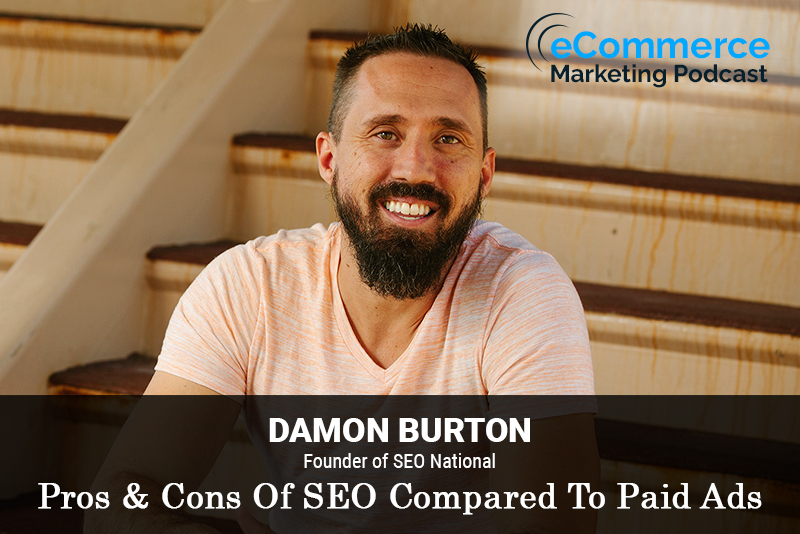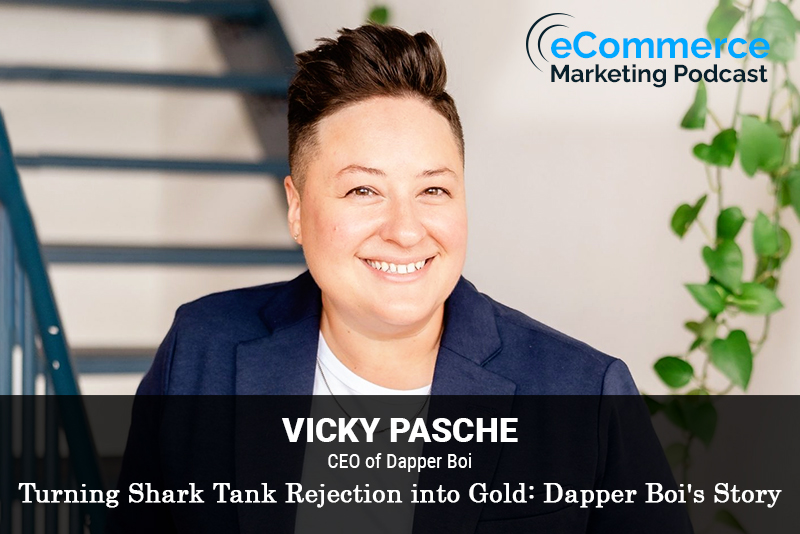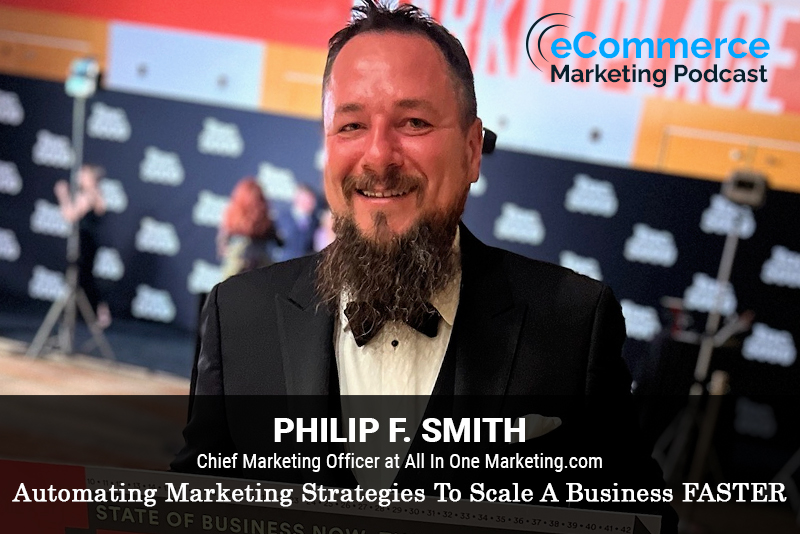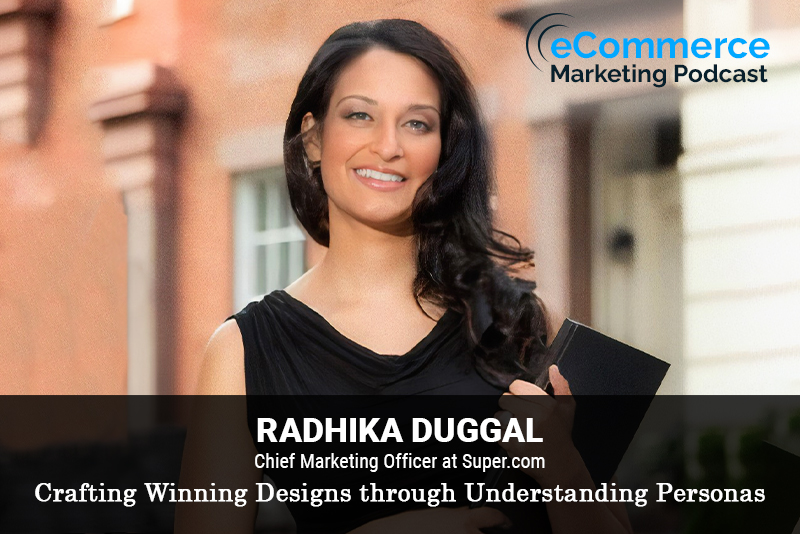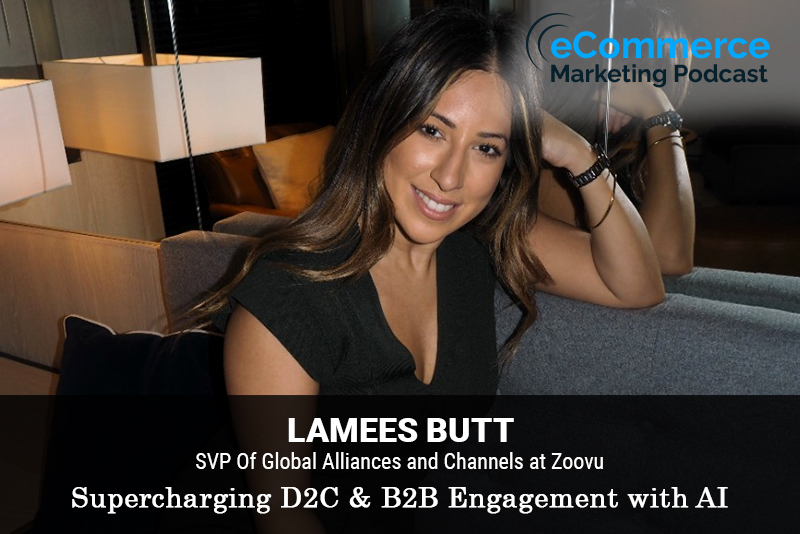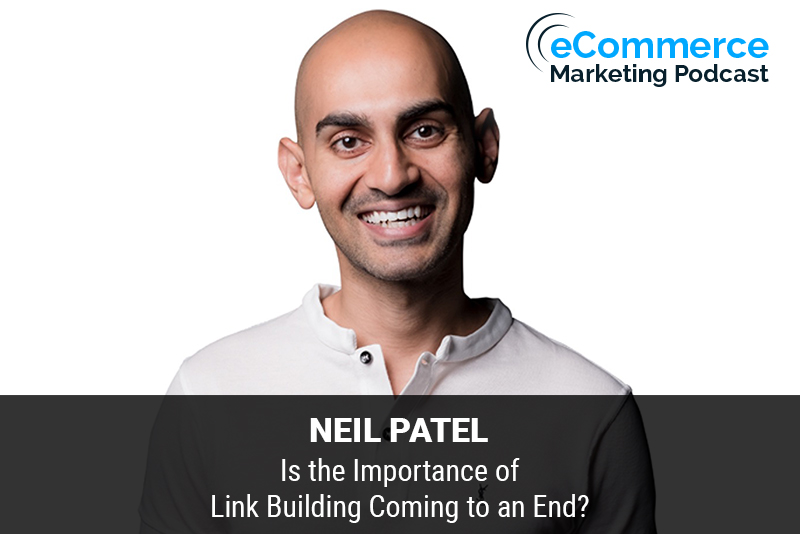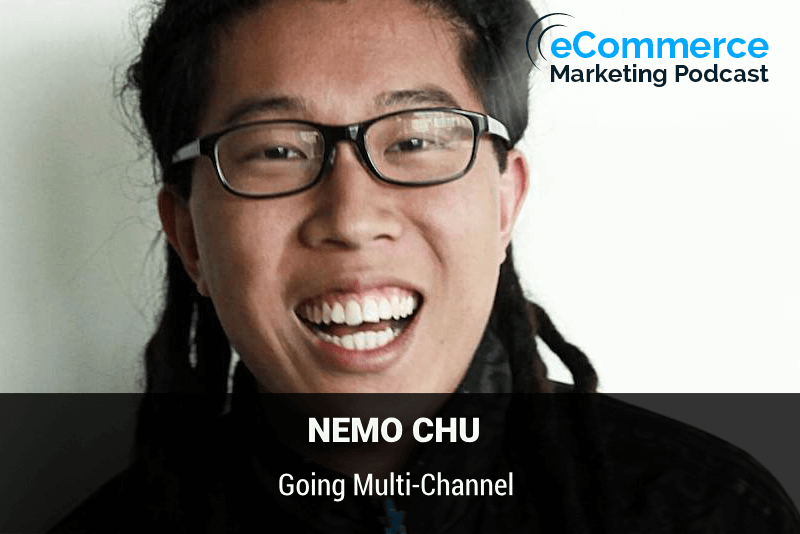
The eCommerce Marketing Podcast walks you through everything that goes into ecommerce marketing — from inbound marketing to paid advertising to conversions. Learn the strategies top marketing experts use to grow their businesses.
Head over to Leadfeeder.com and sign up for a 14-day (no strings attached) free trial!
Over a decade ago, Damon Burton, a husband and father of three, beat a billion dollar company by outranking their website on Google. From then on he realized he was onto something great and went on to build an international search engine marketing company that’s worked with Inc. 5000 and Shark Tank featured businesses alike. Having started his business right before the 2008 recession, Damon is familiar with navigating and growing a business during confusing times, including tripling revenue during the recent pandemic. Since founding his company, SEO National, in 2007, Damon has been featured in publications including Entrepreneur Magazine, Forbes, BuzzFeed and USA Weekly as he helps big and small clients make more in a month than they used to in a year.
In this episode, you will learn
- The foundational differences between SEO and paid advertising strategies, and how these differences affect a business’s digital marketing approach
- How do you evaluate the long-term value of SEO investments compared to the quick wins of paid advertising
- How do SEO and paid ads differ in terms of building audience trust and engagement and does one method lead to more loyal customers than the other
- How do SEO and paid ads differ in terms of building audience trust and engagement
- How do the costs and ROI of SEO compare to those of paid advertising, especially for small businesses or startups with limited budgets
- How does the volatility of SEO due to algorithm changes compare to the stability of paid ads
- How can businesses best integrate SEO and paid advertising into a cohesive digital marketing strategy
For show transcript and past guests, please visit https://www.ecommercemarketingpodcast.com
Or on YouTube at:
https://www.youtube.com/channel/UC3PgT0NOGzpdPGQtBK0XLIQ
Follow Arlen:
Twitter: https://twitter.com/askarlen
Facebook: https://www.facebook.com/arlen.robinson.7
Instagram: https://www.instagram.com/arlenyohance/
LinkedIn: https://www.linkedin.com/in/arlenrobinson/
Past guests on the ecommerce marketing podcast include Neil Patel, Nemo Chu, Luke Lintz, Luke Carthy, Amber Armstrong, Kris Ruby and many more.
Thanks for listening. Be sure to subscribe and leave a review.

In this episode of the eCommerce Marketing Podcast, host Arlen Robinson interviews Damon Burton, Founder of SEO National. Damon shares his journey from web design to becoming a leading expert in SEO, discussing the pros and cons of SEO compared to paid advertising. With a focus on how businesses can strategically use both methods, Damon offers insights into building long-term value through SEO and the quick wins offered by paid advertising.
Key Takeaways
- Introduction and Background ([00:01] – [03:48])
- Damon’s transition from web design to founding SEO National.
- Early experiences, including out-ranking a billion-dollar company on Google.
- SEO vs. Paid Ads: Foundational Differences ([03:48] – [06:59])
- SEO takes time but offers long-term value.
- Paid ads provide quicker returns but often require sustained investment.
- Evaluating Long-Term SEO Investment ([06:59] – [09:01])
- Determining the intersection point of ROI between SEO and paid ads.
- Paid ads can offer immediate results; SEO provides a higher return over time.
- Building Audience Trust ([09:01] – [11:21])
- SEO leads to higher conversion rates due to user intent.
- Paid ads capture immediate attention but may require faster conversion strategies.
- Cost and ROI Comparison ([11:21] – [14:37])
- Case studies illustrating the significant ROI difference between SEO and paid ads.
- SEO benefits high-margin products due to long-term return.
- Algorithm Volatility vs. Stability ([14:37] – [19:15])
- SEO is stable if fundamentals are followed; paid ads require constant monitoring.
- Paid ad platforms can face outages affecting campaign performance.
- Integrating SEO and Paid Advertising ([19:15] – [24:32])
- Using paid ads to inform SEO strategy and vice versa.
- Paid ads can test messaging quickly, supporting long-term SEO content strategies.
- Future Trends in SEO and Paid Ads ([24:32] – [25:07])
- Importance of staying updated with algorithm changes and ad platform updates.
- Utilizing data from both methods to refine marketing strategies.
Guest Info
Damon Burton
Founder of SEO National
Website: Damon Burton
Damon offers a bestselling book on SEO available for free on his website.

